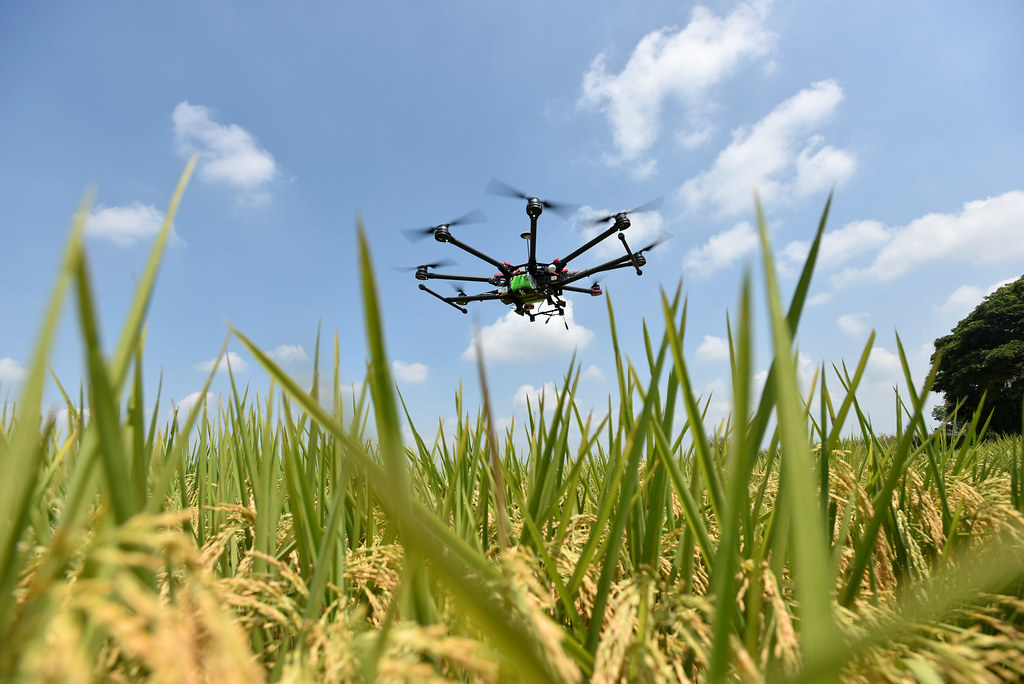-
RAAF
Contributing to the implementation of the Regional Agricultural Policy
RAAF Approach is essentially based on getting things done.
-
Thematics

Thematic areas
The implementation of the Regional Agricultural Policy (ECOWAP) is built around nine thematic areas.
-
Projects
- Renforcement des capacités pour la mise en œuvre de l’ECOWAP en Afrique de l’ouest
- At the end of PRAPS-1, which achieved significant progress in relation to most of the issues relating to animal health, sustainable management of rangelands and pastoral resources, livestock trade, and prevention and management of pastoral crises, the Wor
- Fruit flies are a major problem for the horticultural sector in West African countries. They destroy 50 to 80% of fruit production.
- The Global Climate Change Alliance Plus (GCCA+) is the second phase of an initiative of the same name launched by the European Commission in 2008
- West Africa is one of the most vulnerable regions in the world.
- Renforcement des capacités pour la mise en œuvre de l’ECOWAP en Afrique de l’ouest
- West Africa is facing three major challenges: (i) structural food and nutritional insecurity, (ii) the effects of climate change (droughts, aridity, floods, etc.), (iii) salinization and physico-chemical degradation of agricultural land.
-
News
Follow our news and events
-
Resources
Contents
More information on our work.
-
Multimedias
Interaction
Audio-visual based communication
-
Opportunities
Get Involved
- Portals
In West Africa, the desert is moving at an annual rate of 5 km in semi-arid areas. Moreover, from 1975 to 2018, about 2.2 million km2 of degraded land were recorded. This is a real threat that often pushes people in rural areas to rush to urban areas due to the scarcity of arable land.
At the 15th Conference of Parties to the United Nations Convention to Combat Desertification on Land. Life. Legacy: From Scarcity to Prosperity, ECOWAS experts were present and attended several panels on various topics to draw profit from best practices and recommendations on addressing desertification, particularly in West Africa.
Thousands of delegates at this Conference committed to restore one billion hectares of degraded lands by 2030, to promote decent land-based jobs for young people, and to strengthen their participation in the Convention process. Additionally, it was decided to build resilience to drought. Besides, special attention was paid to gender, which was the subject of an entire caucus and a joint policy statement.
Throughout this platform for experience sharing and negotiations, the ECOWAS team provided technical assistance to focal points and negotiators of Member States in meetings and negotiations led by the Secretariat of the Convention to combat Desertification. ECOWAS Commission was daily represented at meetings of the African Group and ensured the coordination of discussions among negotiators of the ECOWAS zone. This enabled them to better understand the challenges, direct priorities and facilitate emergence of better approaches for consensual position statement. In addition, the ECOWAS Commission organised a media briefing on drought and mitigation measures (http://news.aniamey.com/h/109421.html). The Commission also ensured visibility of the actions and results of its projects, developed and strengthened work partnerships.
ECOWAS continues to call for increased funding (i) to initiate continuous and sustained afforestation, (ii) combat bush fires and (iii) undertake other local and regional actions. Furthermore, the ECOWAS Commission encourages regional cooperation with a view to promoting new environment-friendly crop productions.
Read more...
- Livestock farming and pastoralismPublication date:
- Climate change
- Climate change